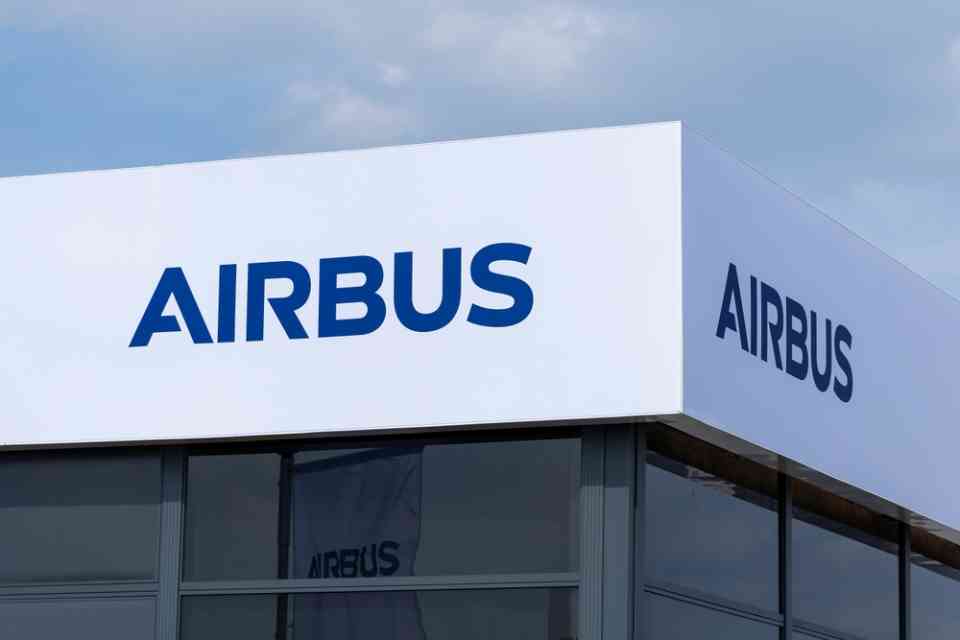The $1 Billion Charge Forces Airbus CEO to Proceed on Critical Changes

Airbus CEO Guillaume Faury announced significant changes to the company’s Space business following notable charges that impacted the second quarter financial results, as detailed on July 30.
In its first-half results for 2024, Airbus reported a 4% year-over-year increase in consolidated revenues, attributed to higher commercial aircraft deliveries and increased volume in the Air Power division of Airbus Defence and Space. However, the consolidated adjusted EBIT saw a nearly 50% decrease compared to the same period last year, primarily due to the charges in the Space sector.
In June, Airbus revealed a $1 billion charge in the first half of 2024, linked to commercial and technical challenges within certain satellite programs. During a call with investors on July 30, Faury explained that the charges were mostly confined to telecom and navigation satellites, with minimal impact on Earth observation (EO) satellites. These charges followed a comprehensive technical review of the Space programs, which evaluated schedule impacts, cost overruns, risks, and economic conditions.
Faury attributed the issues to increased market competition and technological gaps in major programs. He noted that between 2018 and 2021, Airbus did not properly balance risks and rewards in its contracts, leading to significant challenges in bridging technological gaps without adequate contractual protections and organizational setups.
One of the affected programs is the OneSat satellite initiative, which aims to deliver next-generation telecommunications satellites. Despite initial sales to Inmarsat, Optus, and Intelsat in 2019 and 2020, none of the satellites, originally projected to launch in 2023, have been delivered.
To address these challenges, Airbus has restructured its Space segment, adopting a more selective strategy for bidding on contracts and requiring higher technological maturity before proceeding. The restructuring includes integrated program teams across the value chain for engineering, procurement, operations, and smaller organizational units. Additionally, Airbus has initiated a short-term cost containment exercise and a mid-term competitiveness plan.
Faury indicated that the new strategy is beginning to reflect in the improved average profitability of last year’s binding offers. He mentioned that Airbus is exploring all strategic options, including potential mergers and acquisitions (M&A), as part of its response to the situation. Reports suggest that Airbus and Thales Alenia Space, another European satellite manufacturer, are considering M&A activities related to their overlapping space operations.
In the second quarter of 2024, the Defence and Space division reported revenues of $2.8 billion, slightly up from the previous year. However, the adjusted EBIT was a negative $861.8 million, a stark contrast to the positive $45 million reported in the same period last year.
Have you read?
Richest Billionaire Investors.
Billionaire Winners.
Billionaire Losers.
Best Business Schools.
Best Hotel Schools.
Bring the best of the CEOWORLD magazine's global journalism to audiences in the United States and around the world. - Add CEOWORLD magazine to your Google News feed.
Follow CEOWORLD magazine headlines on: Google News, LinkedIn, Twitter, and Facebook.
Copyright 2025 The CEOWORLD magazine. All rights reserved. This material (and any extract from it) must not be copied, redistributed or placed on any website, without CEOWORLD magazine' prior written consent. For media queries, please contact: info@ceoworld.biz








